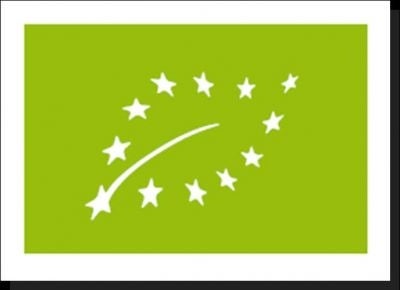Your support helps us to tell the story
From reproductive rights to climate change to Big Tech, The Independent is on the ground when the story is developing. Whether it's investigating the financials of Elon Musk's pro-Trump PAC or producing our latest documentary, 'The A Word', which shines a light on the American women fighting for reproductive rights, we know how important it is to parse out the facts from the messaging.
At such a critical moment in US history, we need reporters on the ground. Your donation allows us to keep sending journalists to speak to both sides of the story.
The Independent is trusted by Americans across the entire political spectrum. And unlike many other quality news outlets, we choose not to lock Americans out of our reporting and analysis with paywalls. We believe quality journalism should be available to everyone, paid for by those who can afford it.
Your support makes all the difference.The EU's new organic logo, the 'Euro Leaf' aims to define exactly what organic is.
On July 1 the European Commission, in an attempt to clear up confusion, announced new rules on organic food and a new EU organic logo called 'Euro Leaf.'
The new laws make it compulsory to show the logo on any pre-packaged organic foods that have been produced within EU member states. Other private and regional logos will continue to be displayed on the packaging alongside the so-called 'Euro Leaf,' however these other logos are optional.
Labeling of organic foods has, in the past, been a source of confusion, however it is hoped that this new logo will make it easier for consumers within the EU to understand exactly what the term 'organic' means.
The new logo will be used on foods which are legally organic, that is they conform to the regulations established by the European Union for organic farming. If the food is processed, the logo means that at least 95 percent of the ingredients used are organic. Next to the logo is also a code representing the number of the control body and information about where the raw materials in the product have been farmed.
Essentially organic foods are foods not cultivated with chemical pesticides, fertilizers or herbicides. According to Eurostat, the European statistics website, organic foods within the EU have to be produced on land that has been deemed organic for a minimum of two years; this law also applies to the rearing of animals labeled organic.
The European Commission also stresses that any labels such as bio or eco that suggest the product is organic cannot be used on products or ingredients that don't satisfy EU regulations on organic farming, or products that contain Genetically Modified Organisms.
The biggest market for organic produce is the USA which accounts for nearly half of the world's organic market. The largest organic certification body is IFOAM, the International Federation of Organic Agriculture Movements. IFOAM is an umbrella agency providing organic certification for producers in over 100 countries.

Join our commenting forum
Join thought-provoking conversations, follow other Independent readers and see their replies
Comments